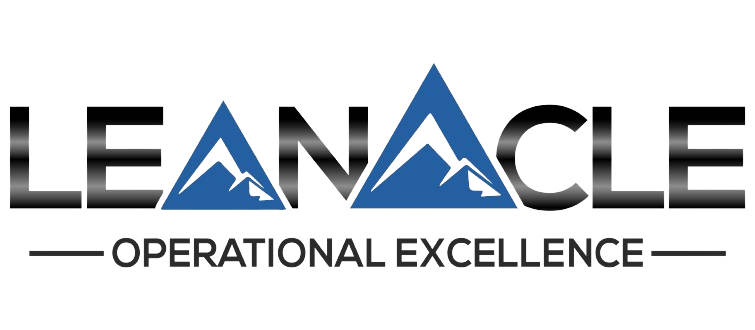The Only Constant Is Change
In the fast-evolving automotive industry, the ability to manage change effectively is no longer optional—it’s a necessity. Change, whether driven by market demands, technological advancements, or shifts toward electric vehicles (EVs) – see this article by Capstone partners, has become a defining feature of the industry. Yet, history is replete with examples of manufacturers who failed to adapt to change and, as a result, closed their doors. Companies like Studebaker and Packard were once giants in the automotive world but could not navigate the changing tides, emphasizing the critical need for proactive change management.
Mastering the Art of Change Point Management
Change point management is a core skill for manufacturers seeking to thrive in this environment. Tools like FMEA (Failure Modes and Effects Analysis) and DOE (Design of Experiments) help foresee potential risks and experiment with solutions systematically. Frameworks such as PDCA (Plan-Do-Check-Act) and DMAIC (Define, Measure, Analyze, Improve, Control) provide structured approaches to managing changes, ensuring they are implemented effectively without compromising quality or efficiency. These tools are not just methodologies but safeguards against the chaos that unmanaged change can bring.
The Lean Practitioner: A Change Agent at Heart
At its core, Lean is more than a methodology—it’s a culture shift. A Lean practitioner, therefore, is inherently a change agent. Whether it’s reducing waste, streamlining processes, or fostering a continuous improvement mindset, Lean revolves around transforming how people work and think. It requires challenging the status quo, embracing new ways of operating, and ensuring every change adds value. This makes Lean practitioners uniquely positioned to lead organizations through the complexities of change.
The Need for Robust Change Management Systems
For automotive parts suppliers, especially in a time of electrification and increased customer expectations, having robust change management systems is vital. Suppliers must ensure that every change, whether it’s a process modification, a product improvement, or a compliance update, is managed with precision and clarity. Strong change management practices allow suppliers to remain agile, competitive, and successful in a dynamic environment where the only certainty is change.
An invitation to introspect
As the saying goes, “Be like bamboo, which bends but does not break.” In the face of change, rigidity can lead to collapse, while flexibility allows us to thrive. True transformation begins from within, with small, deliberate steps taken each day. By embracing change with an open mind and resilient spirit, we not only adapt but grow stronger, turning challenges into opportunities for growth and success. Change isn’t an obstacle to overcome—it’s the path to a better, more resilient future. Mastering change management isn’t just about surviving, it’s about thriving. Automotive manufacturers and suppliers who excel in this area will lead the industry forward, setting the standard for adaptability and resilience in an ever-changing world.
